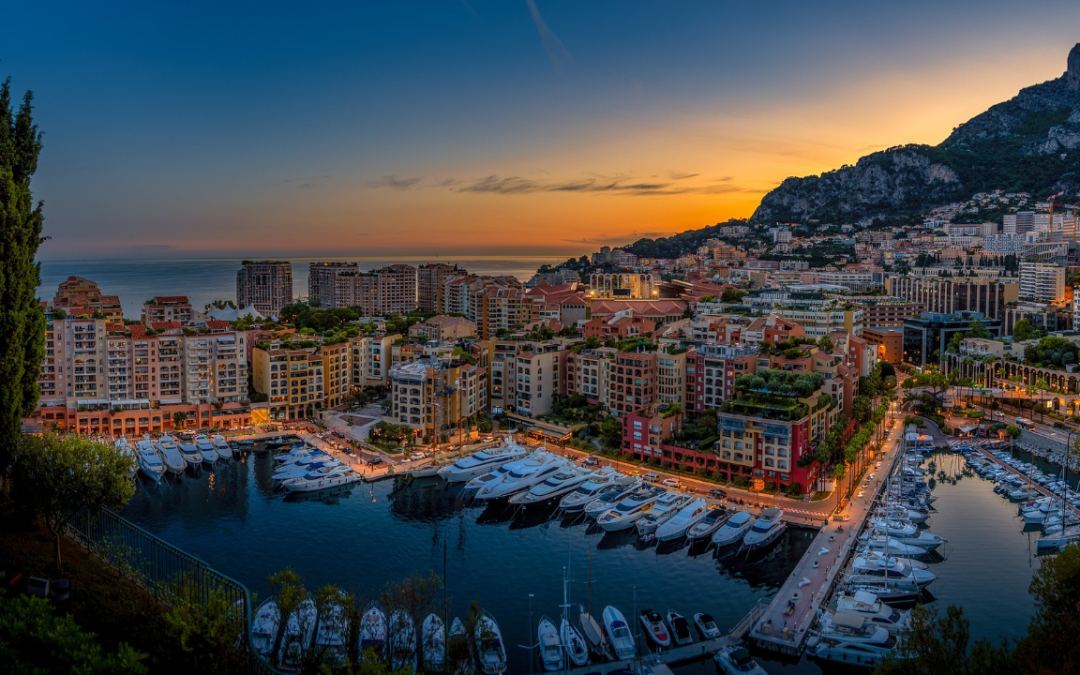We tend to think of health and fitness as being fairly static – as if we all have an equal chance to live a long and happy life. But just as not all countries are equal in financial wealth, we are not equal in longevity. Some nations live longer than others. The country with the lowest life expectancy is the Central African Republic, where people are expected to live just 54 years. This is due to numerous factors. Civil war, poverty, and lack of medical care create the perfect storm for reducing the quality of life in this little known nation. But what are the longest living countries in the world? Well that is the question I today seek to answer, by going into detail on the 10 longest living countries.
10: Israel – 83.4

The world’s only majority Jewish state, Israel owes much of it’s high life expectancy to it’s origins as an agricultural society. Founded in 1948, countless Jewish communities were established here as collective farms. This brought with it fresh fruit and a healthy lifestyle, enshrining the two in modern Israeli culture. It might also have something to do with the fact Israel has the highest proportion of doctors than any other country. Having universal healthcare since 1995, it would be foolish to not think this plays a role. The high life expectancy is all the more stark when you consider the fact it is much lower in surrounding countries. And the situation is actually improving. By 2040 Israel is projected to rise three places among the longest living countries.
9: South Korea – 83.5

There are many ways South Korea is different to North Korea. One of them is best demonstrated from above. Satellite imagery clearly shows South Korea being well lit at night by street lights, and the kind of light pollution that comes with industrialisation. North Korea on the other hand is almost pitch black. These sure signs of poverty and wealth. The wealth of the South Koreans guarantee the population a better quality of existence than the north. Actually South Korea is considered one of the best countries to live in. But it was not always this way. In 1960 the life expectancy was just 52 years. But South Korea underwent a rapid transformation from being a poor rural nation with virtually no infrastructure to a modern tech and finance hub. As rapidly as society changed, so did the life expectancy.
8: Iceland – 83.52

Iceland is known as the land of ice and fire, thanks to it’s vast frozen glaciers and violent volcanoes. It’s one of the most incredible places I have ever had the privilege of visiting. And as incredible as the physical geography of Iceland is, so are the native Icelandic peoples. Descending from Viking explorers and warriors of the medieval age, less than 400 thousand people call the island home. But despite being small in number, they have been disproportionately successful in the world of strongman competitions. This is likely part culture and part genetics. After all, only the strongest of groups could have survived in a climate as harsh as Iceland. This mix of culture and genetics clearly also plays a role in life expectancy. Other Scandinavian countries are also among the longest living countries in the world. It just so happens that Iceland is the longest.
7: Australia – 83.94

While the average life expectancy in recent years has fallen a little, largely due to the pandemic and it’s after burn, Australia still ranks highly among nations. Seen as synonymous with sport by many, Australia has long been known for it’s active population. This goes a long way to explaining it’s almost 84 year life expectancy. I believe the abundancy of sunlight also plays a large role. It is known that all cause mortality increases drastically when humans have a vitamin D deficiency. This means that not getting enough sunlight makes a person more likely to die from any reason at any age. In fact, Australia gets so much sunlight the government gives away free sunblock at beaches. Whether or not vitamin D is the reason behind it, Australia’s life expectancy has been steadily increasing since the year 1990.
6: Spain – 83.99
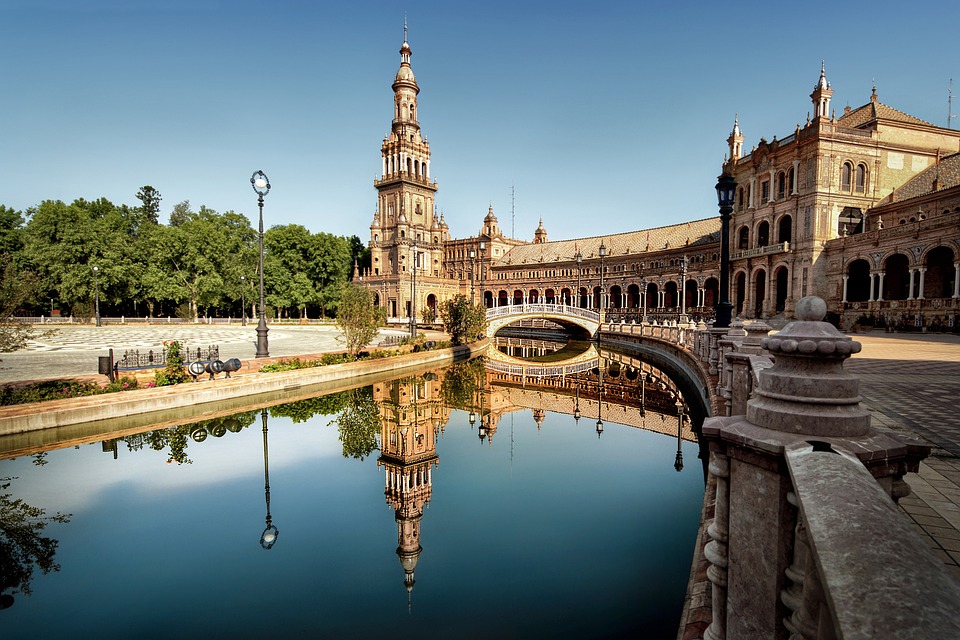
Anyone who has visited Spain knows that drinking and smoking is a part of the culture there. Smoking in public is simply not stigmatized the way it is in most other European states. This is partly because smoking is more popular in Spain. So with that in consideration, why do Spaniards have such a high life expectancy? This question has been puzzling researchers for years. But they now believe it’s a combination of factors. First of all the Mediterranean diet tends to be incredibly healthy, offering a diverse range of nutrients within it’s tasty meals. Culture too plays a big part. Spanish culture is more laid back than a lot of other countries. This translates to more sleep, more sex, and less stress. With stress being the silent killer, maybe their love of wine and cigarettes aren’t so disastrous.
5: Italy – 84
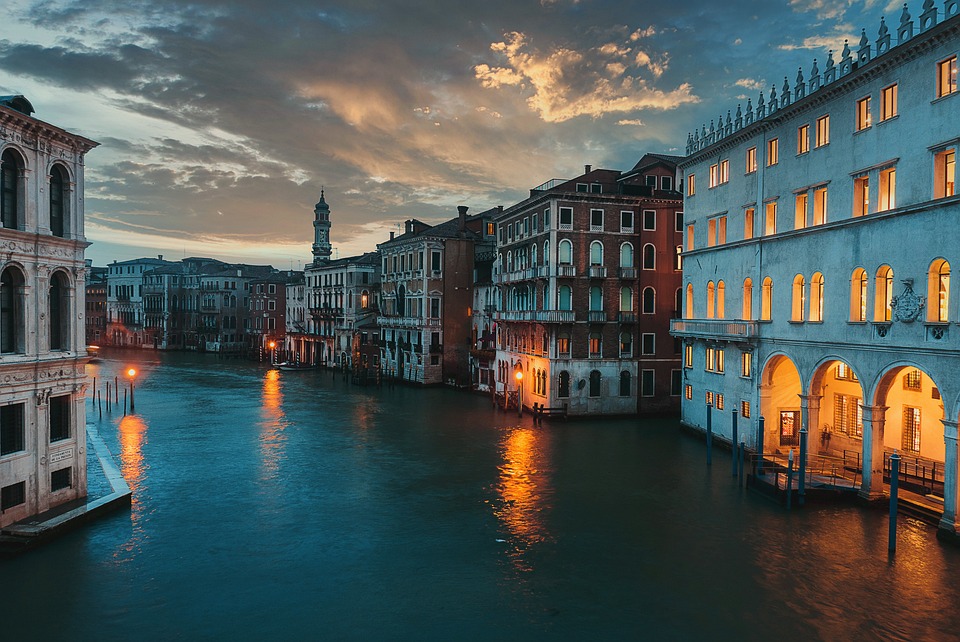
Just like Spain, Italy’s long life expectancy has puzzled researchers. Much of the same reasons have been found as in Spain. This should not be a surprise. Spain and Italy are, after all, neighbours. Their language and culture are quite similar. I would be more surprised if Italy had a much lower life expectancy. But even still, the longevity of Italians is impressive. Despite earning less and spending less on healthcare. Despite smoking more – the average Italian is expected to live 18 months longer than the average Brit. They are also expected to enjoy a healthier quality of life before checking out. That’s a big part of why I have an interest in lifespan and longevity. It’s more about avoiding disease and frailty than anything else. For me at least.
4: Singapore – 84.1
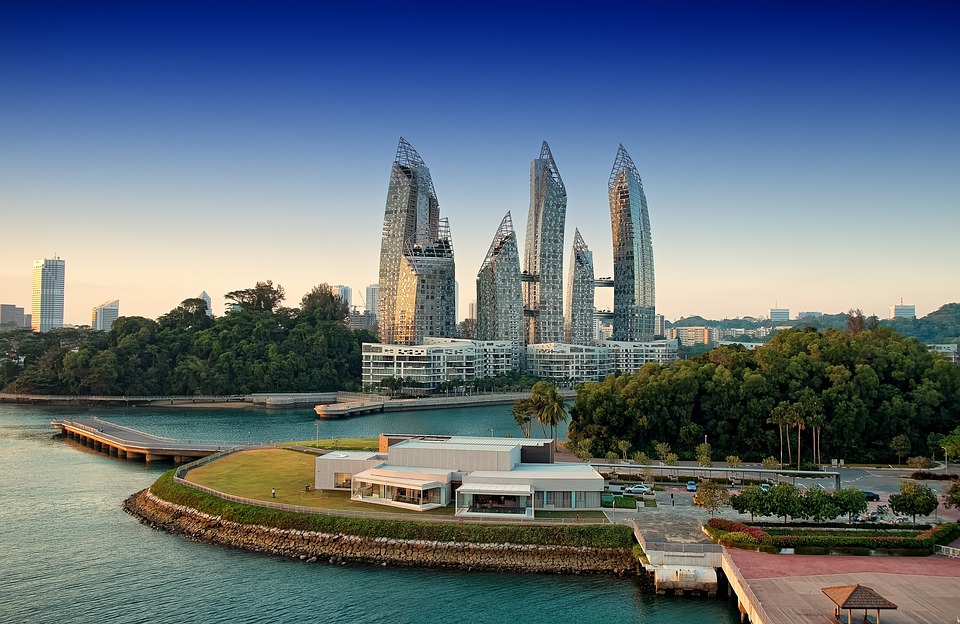
Singapore is an astonishing country for numerous reasons. A tiny city state that just decades ago was deeply poor and rural, it is now much different. A global shipping and financial hub, their standard of living and education system are the envy of the world. This is due in large part to Lee Kuan Yew, a visionary politician who led Singapore from 1959 to 1990. Studying other countries to see what government policies worked and what didn’t, he introduced only the winning ideas. And so Singapore gradually climbed in wealth and influence, as the decades ticked by. With everything else, the life expectancy also rose. Today Singapore is among the longest living countries in the world. And it’s all thanks to Lee Kuan Yew.
3: Switzerland – 84.2 Years
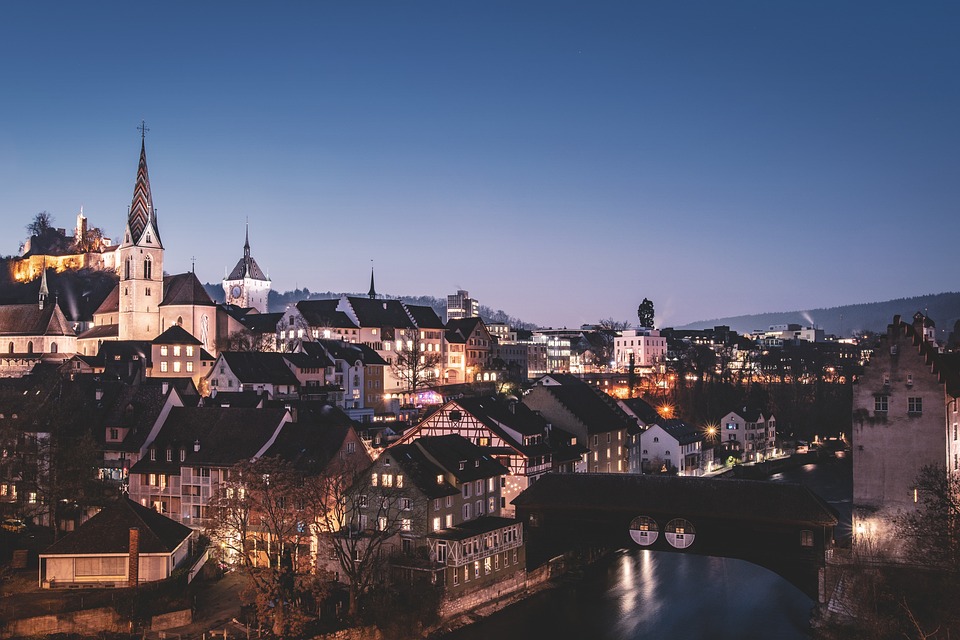
The Swiss seem to do everything efficiently and cleanly. It’s almost like if you combine the best characteristics from both German and France, the result is Switzerland. For much of it’s history Switzerland was poor and rural, isolated from the outside world by treacherous high mountains. But this would all change with the rise of modern finance. During the 1900s their life expectancy rose from 47 to 82.2years! But with this comes a cost. While Switzerland is one of the richest countries in the world per capita, it’s also one of the most expensive. Still, if you’re rich enough to reside here, you ave a good chance of living past 80.
2: Japan – 85 Years

Japan is widely considered to be the healthiest country in the world, if not technically the longest living. Similar to Spain and Italy, the Japanese diet plays no small role in this. This is undoubtedly a common theme among all the longest living countries. The average Japanese person eats much more fish than most people in the west. This means they get more vitamin D, one of the most common nutritional deficiencies in the world. The Japanese also eat more fermented food, proving an adequate source of vitamin K2. The vitamin’s D and K2 work together perfectly, helping to ensure a build up of calcium does not clog the arteries. This clearly makes heart attacks less likely. Since heart attacks are a leading cause of death, it would take a fool to not realize the Japanese way of life is more healthy.
1: Monaco – 89 Years

Monaco is the longest living country in the world, and it’s for a very specific reason. A notorious tax haven, this tiny nation is home almost exclusively to billionaires and millionaires. People of such means can afford healthcare and treatments that most of us could only dream of. It is therefore inevitable that the population of Monaco outlive all others. It does help that less than 40 thousand people call Monaco home. Yet they still hold the number one spot on this list.

